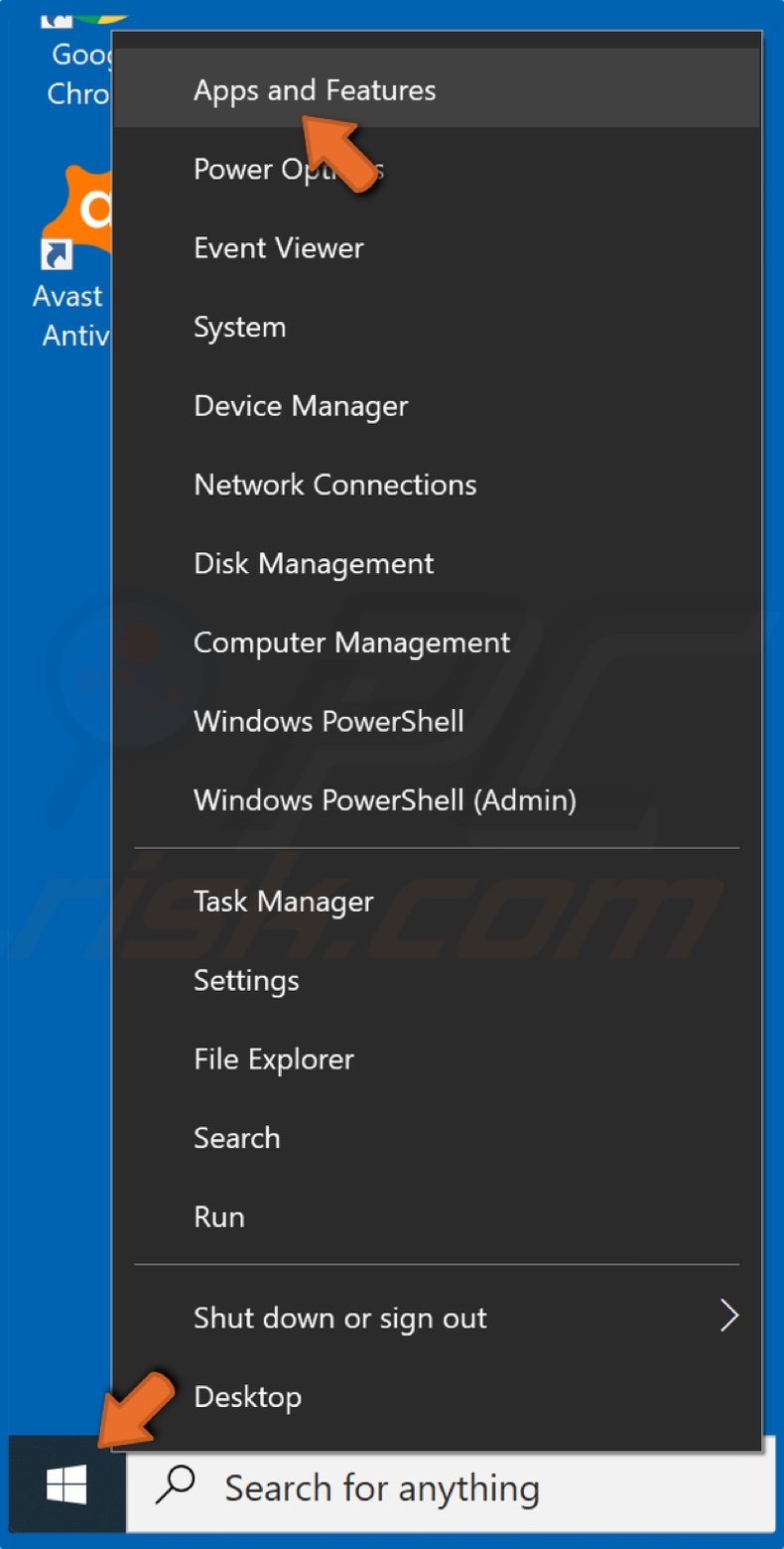

Service Host: SysMain Service Host: Storage Service and similar Disable Superfetch.Īn unknown program you don’t remember downloading Remove viruses and malware. If you see any of the following items causing high disk usage in Task Manager, click on the link to jump down directly to the solution:

If your Task Manager reveals something obvious, find the cure below. Depending on the type of disk you’re using, even a small amount of excess disk usage can harm performance. Any process that takes more than 1 to 2 MB is a concern. Look for items that appear orange and consume more than a few megabytes per second.

That way, you’ll see the processes with the highest disk usage first. Make sure the arrow in the Disk column is pointing down. On the main dashboard, click on the Disk column to see all running processes sorted by disk usage. Right-click on the taskbar and select Task Manager. Here’s how to identify the cause of 100% disk usage with Windows Task Manager:


 0 kommentar(er)
0 kommentar(er)
